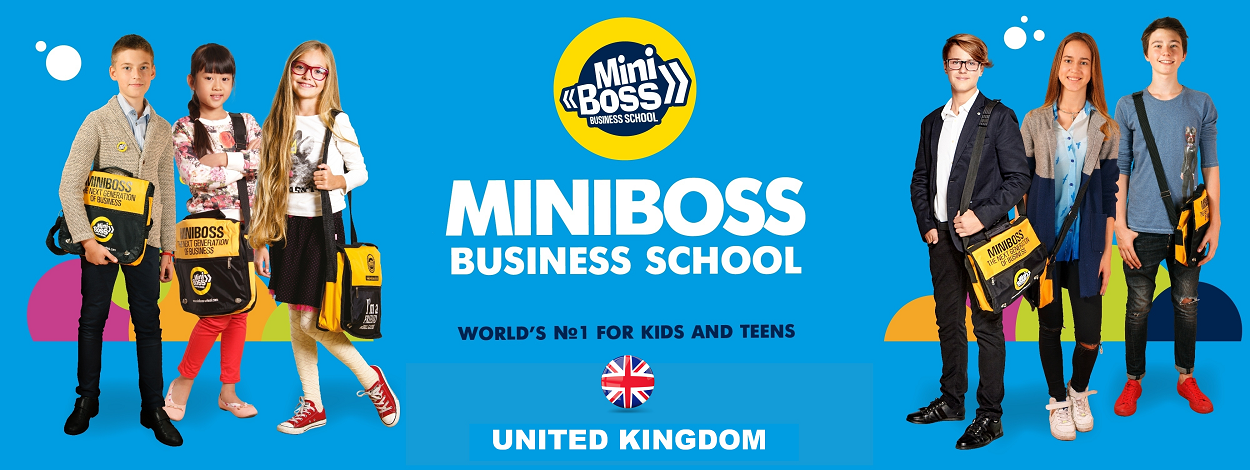
The book - written by Adam Grant, a professor at the Wharton School of the University of Pennsylvania - is not just a guide for adults.
Its pages are littered with interesting advice on how teachers and parents can encourage and cultivate their kids to be original, too.
Grant writes about the importance of getting kids to take risks, to embrace their own curiosity and to be confident in where their minds wander.
How can parents facilitate risk-taking with their kids?
One of the biggest mistakes that a lot of parents make is they spend all their time enforcing rules, and I'm guilty of this. Every time one of my daughters misbehaves, I'm like, "New rule!" And then I don't end up doing a whole lot with it.
But the sad thing about rules is that they don't teach kids to think for themselves. And kids try to figure out how they can either avoid taking risks altogether, or to take risks that they can get away with. As opposed to learning to take sensible risks that will allow them to try new things.
And kids then end up defining the values for themselves, and are much more likely to go against the grain and take risks that allow them to live by these values but don't necessarily match up with conventions or social norms. And the upshot of that is, they're much more likely to become original.
So what about having kids do chores?
No, of course you should have your kids do chores. So what you see is that enforcing a bunch of rules is not a problem as long as you explain why they matter. So it's not about saying there are rewards and punishments. It's about saying, "Here are the rules we have. And this is what they mean to us. This is how they really connect with our core values."
That kind of sounds like talking to kids like adults? Kind of explaining the background of things?
It's very much about raising kids to have responsibility. So, you know, when your kids are going to do chores, you say, "Look. This is why it's important to us to have a neat and clean house." Or, "This is why we care about respecting our things." And then you give your kids some responsibility and guess what? They actually love it.
It's the idea that they can be in charge of things. That they can be helpers. That they have something to contribute. If you frame it right, you're doing them a favor, right? As opposed to, sort of, constraining their freedom.
Are there ways that schools or school leaders can incorporate some of the things in your book to create a culture around originality?
So the first thing is that there's some really cool evidence showing that kids are much more likely to think in original ways if you teach them in conditionals rather than in absolutes.
So instead of saying, you know, "This is a book," you teach them, "This could be a book." And then they're more likely to ask questions about the things that they say as opposed to assuming that there's one right answer. We could do a lot more conditional teaching. I think we could do a lot more encouraging kids to ask questions about multiple possibilities as opposed to searching for the one correct answer.






